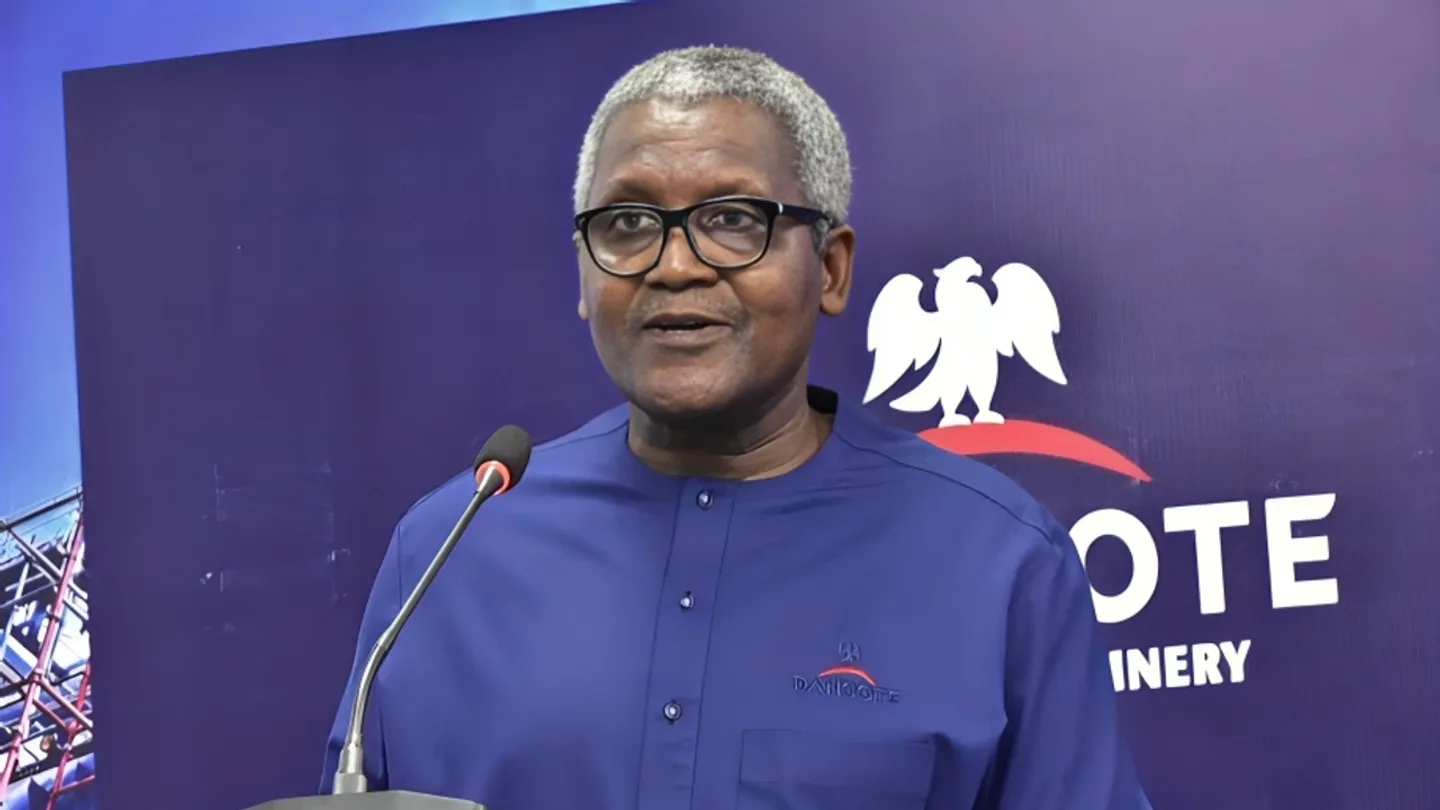
Nigerian billionaire and industrialist Aliko Dangote is pushing the boundaries of Africa’s energy sector once more, unveiling plans for a massive fuel storage facility in Namibia’s coastal city of Walvis Bay.
The new infrastructure, boasting a capacity of 1.6 million barrels, is expected to revolutionize fuel distribution across Southern and Central Africa.
The facility, announced by the Dangote Refinery – already the largest in Africa – is designed to store both gasoline and diesel. Strategically located, the storage unit aims to serve several key markets, including Namibia, Botswana, Zambia, Zimbabwe, and parts of the Democratic Republic of Congo.
“This marks a new chapter in Africa’s energy self-reliance,” a Dangote Refinery spokesperson said. “Our expansion into Namibia reflects a long-term vision to create a robust, continent-wide network of fuel infrastructure.”
The project is a critical component of Dangote’s broader effort to reduce Africa’s dependence on imported petroleum products.
Since its $20 billion refinery in Nigeria began operations, the company has shifted from merely fulfilling domestic demand to positioning itself as a key exporter of refined fuels.
With a refining capacity of 650,000 barrels of crude oil per day, the Lagos-based facility now produces aviation fuel, diesel, gasoline, and naphtha.
The Namibian development, located in one of Southern Africa’s most important deep-water ports, is poised to significantly alter regional energy dynamics.
Walvis Bay offers direct maritime access to export markets and provides a strategic gateway to landlocked nations in the region.
Dangote’s move to build in Namibia, far from Nigeria’s coast, underscores a pan-African ambition that is reshaping fuel logistics on the continent.
Beyond energy, the economic impact is already being felt. The construction of the storage tanks is expected to inject substantial investment into Namibia’s economy, creating jobs and stimulating growth in the transport and logistics sectors.
Local authorities have welcomed the initiative, viewing it as a catalyst for regional development and improved energy security.
“This facility is more than just a tank farm,” said an official familiar with the project. “It’s a game-changer for how fuel is stored, moved, and distributed in Southern Africa.”
As the project progresses, observers note that Dangote’s latest venture is not simply a business expansion, but a bold step toward African energy autonomy.
With this facility, the continent edges closer to controlling its own fuel future — and Nigeria strengthens its claim as a continental energy powerhouse.



